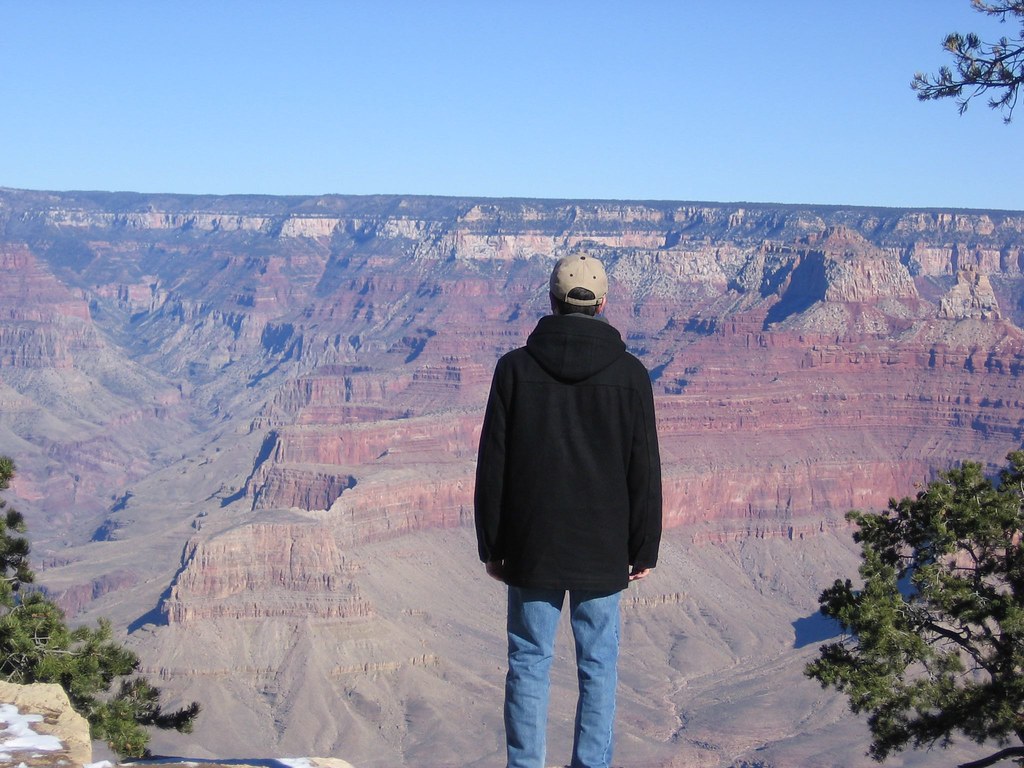I'm now starting this blog in earnest. I think I'm going to start by explaining the title (On One Foot) and the address (hop and hope .com), hoping that I'm not being overdramatic.
The phrase "on one foot" comes from the famous story about Hillel and the would-be convert. (It is actually one of a few such stories, all of which are told in Tractate Shabbat 31a.) In it, a non-Jew comes to Shammai, a great Torah scholar, and asks Shammai to convert him on condition that Shammai will teach him the whole Torah "while I am standing on one foot." Shammai has no patience for such an absurd request. Even if the man means it metaphorically, that he wants one pillar, one basic tenet of Judaism, of Torah, it is an insult to himself and to Torah to think that it can be presented so simplistically. Shammai chases him away with the builder's cubit (a stick, really) that he's holding. The would-be convert goes to Hillel, often Shammai's intellectual opponent, and asks him the same question. Hillel, as was pointed out by R' Avraham Infeld (based on this and other stories), was a man who understood people. Not only that, but he incorporated this understanding into how he dealt with them. The "honest" thing to do would be Shammai's response - to reject the man for his simplistic approach. However, Hillel sees that this man could be an actual truthseeker. He might be a heckler, he might not be. Hillel is uncertain, and so he isn't positive how to deal with him. But he decides anyway. He converts the man and says "Anything that is hateful to you, do not do to others, and as for the rest [of the Torah] - it's [just] commentary. Go and learn." You'll often hear people quote only the beginning of that, but Hillel tacks on an extra directive to the end of his teaching - "go and learn." Hillel was unsure of how to deal with the man, but he was hoping that if the convert just learned a bit more about what he was asking, maybe things would become a bit clearer. Maybe the man would turn out to be the real deal. Hillel had to hedge his bets, because, in a way, he was teetering on one foot, not nearly as stable as one who deals rigidly and stoically with the law.
I remember one of my teachers once reflecting upon the Jewish way of life we follow - one in which we attempt to remain faithful to a millennia-old code of law while existing in, and drawing from, the modern world. Referring to a group of ultra-orthodox Jews, he said, "I don't know if our way or their way is right, but our way is harder." To my way of thinking, part of the reason I chose this path is because it is harder. We are not masochists, us Jews, but we do not, as a rule take the easy way out. We struggle with our past because it is out of struggle that we were born and reborn, on so many levels. One of the most profound things I find in Judaism is that there are times when even the holiest people mess up, and the greatest minds have to simply say, "I don't know." They're human. They're uncertain, and sometimes a bit wobbly. That's the kind of life I understand. That's the kind of life I can relate to.
I recently was listening to a song in which the singer is addressing a bunch of teenagers. She says:
Find your voice, do what it takes
Make sure you make lots of mistakes
And find the future that redeems
Give us hell, give us dreams
And grow and grow and grow.
It's simple and it's straightforward. I thought 'Yeah, that's the advice I would give to my teenage self if I could go back five or so years and talk to him.' I'd tell him to make sure to make lots of mistakes, and grow. "All growth," wrote the author Henry Miller, "is a leap in the dark, a spontaneous unpremeditated act without the benefit of experience." But on the topic of entering the unknown, of leaping in the dark, I think the dancer Agnes DeMille put it best:
Living is a form of not being sure, not knowing what next or how. The moment you know how, you begin to die a little. The artist never entirely knows. We guess. We may be wrong, but we take leap after leap in the dark.
I think she's right. Uncertainty is life. Embrace it. Grow from it.
It is said that in the End of Days, when life will be clearer and our questions will be answered, we will all follow the stricter rulings of the school of Shammai. But until then, we have to deal with the real world, with all of its twists and turns, with every imperfection it has to offer, and with each and every fork in the road where neither path seems to be the right one. Until then, we are in a world of uncertainty, and we follow the school of Hillel, which doesn't let the world bulldoze it, but which doesn't try to transcend it either. Hillel taught us an important lesson: we don't always know. In fact, we rarely know anything important with as much surety as we'd like. But that cannot paralyze us. You can't walk anywhere on one foot, but you can hop a bit. We must continue jumping - leaping in the dark. All we can do is hop, and hope.
